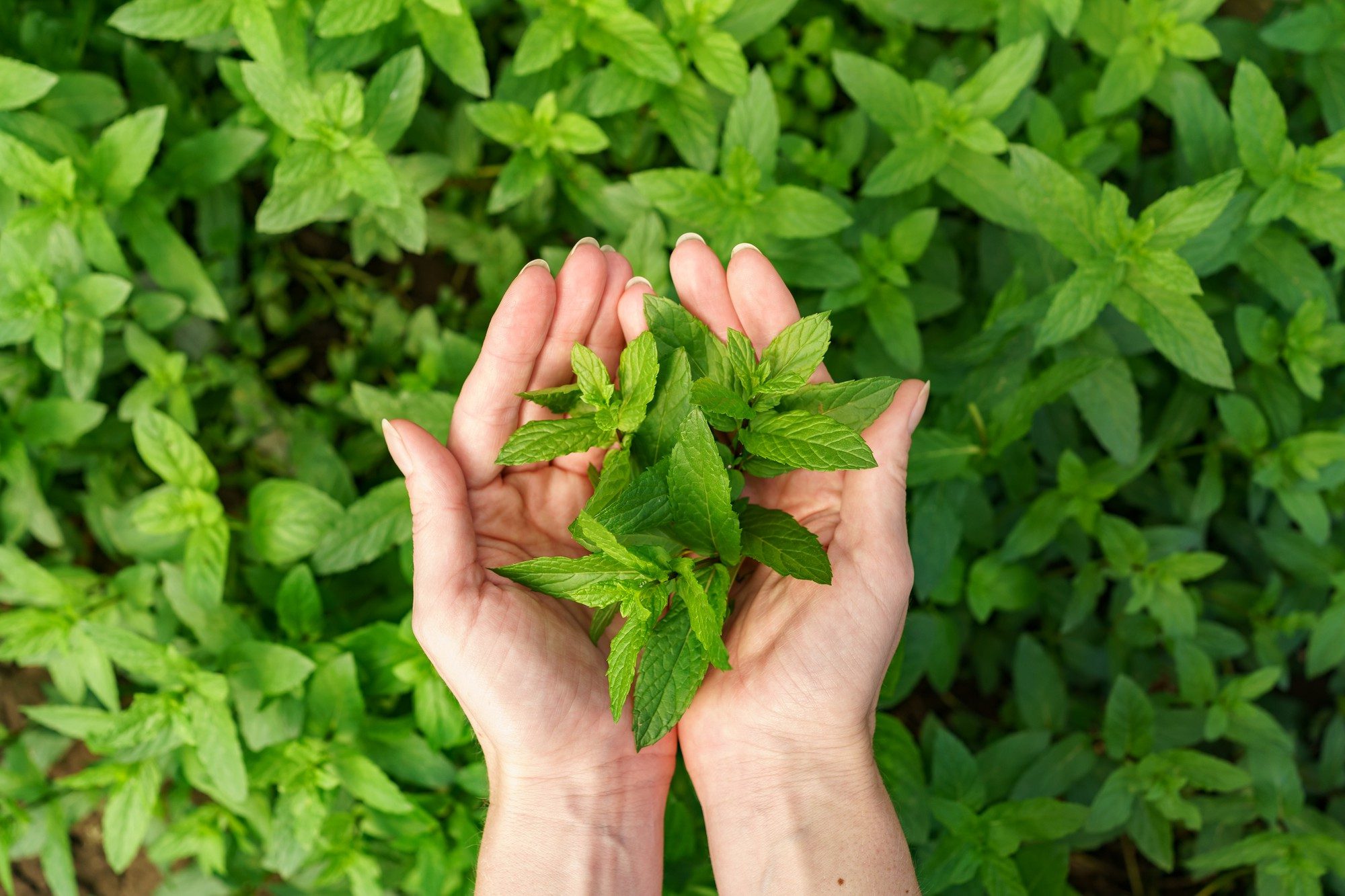
Organic Revolution: The Rising Power of Indigenous Varieties and Poison-Free Foods
- October 29, 2023
- 7:23 am

The Organic Revolution is gaining momentum as consumers worldwide demand cleaner, healthier, and more sustainable food options. At the forefront of this movement are indigenous crop varieties and poison-free foods that harness the power of organic farming practices. This revolution is not only about choosing organic over conventional produce; it’s about embracing a comprehensive approach to agriculture that values the environment, health, and cultural heritage. In this article, we’ll explore the rising power of indigenous varieties and poison-free foods, which are the cornerstones of the Organic Revolution.
Embracing Indigenous Varieties
Indigenous crop varieties, often referred to as heirloom or traditional varieties, are seeds that have been cultivated and passed down through generations within a particular community or region. These varieties are well-adapted to Indigenous climates, soil types, and traditional farming practices. Here are a few reasons why they play a crucial role in the Organic Revolution:
- Biodiversity: Indigenous varieties contribute to agricultural biodiversity, preserving a wide range of genetic material that is vital for food security and adaptability to changing environmental conditions.
- Cultural Preservation: The cultivation of indigenous varieties is deeply intertwined with cultural heritage and traditional agricultural knowledge. By preserving these crops, communities can maintain their cultural identity and pass down valuable knowledge to future generations.
- Nutritional Diversity: Indigenous crops often offer unique flavors and nutritional profiles, providing a diverse array of essential nutrients and enriching our diets.
The Shift to Poison-Free Foods
The Organic Revolution also emphasizes the shift away from synthetic pesticides, herbicides, and fertilizers that are commonly used in conventional agriculture. Poison-free foods prioritize human health and environmental sustainability. Here are a few reasons why poison-free foods are gaining popularity:
- Health and Safety: By eliminating synthetic chemicals, poison-free foods reduce the risk of exposure to potentially harmful substances, promoting overall health and well-being.
- Environmental Impact: The use of synthetic pesticides and fertilizers can lead to soil degradation, water pollution, and harm to beneficial organisms. Poison-free farming practices mitigate these adverse environmental impacts.
- Sustainable Agriculture: Poison-free foods support sustainable agriculture by enhancing soil fertility, conserving water resources, and promoting ecological balance.
The Way Forward
The Organic Revolution signifies a paradigm shift in the way we approach food and agriculture. As consumers become more conscious of the impact of their choices, the demand for organic, indigenous, and poison-free foods continues to grow. Here’s how we can contribute to and benefit from this revolution:
- Supporting Indigenous Farmers: Purchasing produce from Indigenous farmers who practice organic farming and grow indigenous varieties can contribute to the sustainability of Indigenous food systems.
- Mindful Consumption: Making informed choices about the food we consume, including opting for organic and poison-free options, can have a positive impact on our health and the environment.
- Advocacy and Education: Raising awareness about the benefits of organic farming, indigenous varieties, and poison-free foods can encourage more people to join the Organic Revolution and demand better food systems.
In conclusion, the Organic Revolution is not just about choosing organic produce; it’s about embracing a holistic approach to agriculture that values health, the environment, and cultural heritage. By supporting indigenous varieties and poison-free foods, we can contribute to a healthier, more sustainable, and more equitable food system for all.
SHARE ARTICLE VIA :
You May Also Like…

